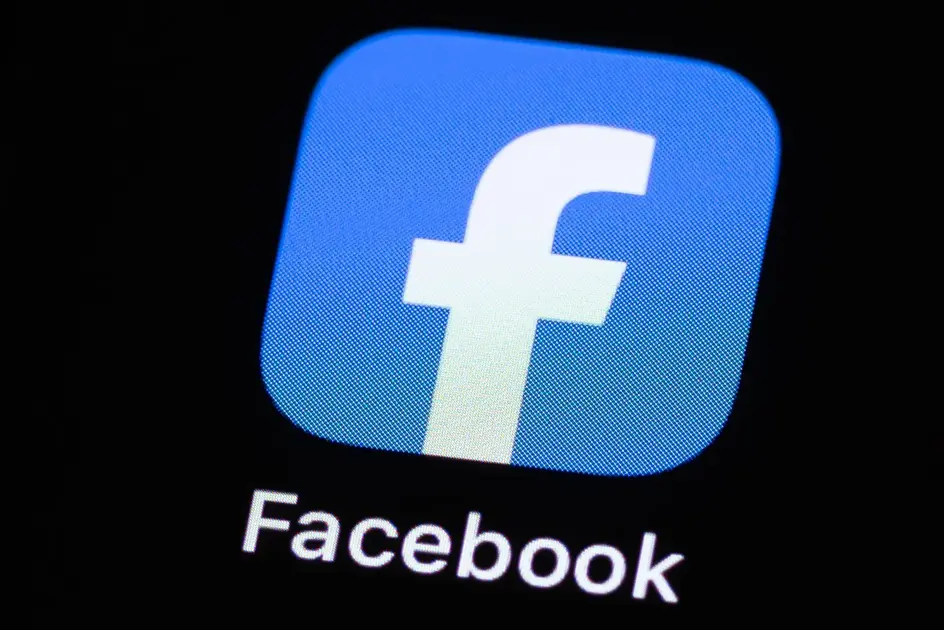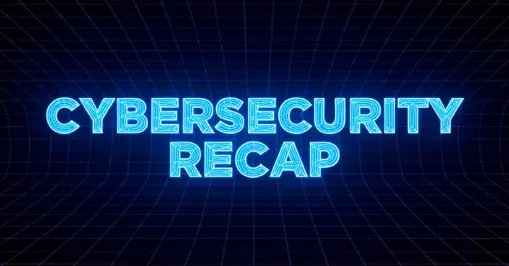T4K3.news
Meta takes action against unoriginal content
Meta has announced new restrictions on sharing unoriginal content on Facebook, targeting spam and fake accounts.

Meta aims to tackle unoriginal content on Facebook while adjusting its enforcement methods.
Meta introduces stricter rules against unoriginal content
Meta announced on Monday that it will implement stricter policies against the sharing of unoriginal content on Facebook. The new measures target accounts that repeatedly reuse others' material, including text and images. So far this year, Meta has removed about 10 million fake profiles impersonating popular creators and acted against over 500,000 accounts for spam-related issues. Unlike platforms penalizing all user engagement, Meta will not penalize creators who enhance other's content, like creating reaction videos. However, accounts that misuse the platform to repost will face penalties that restrict their access to monetization programs. This update follows YouTube's recent policy changes regarding unoriginal content, which have become prevalent due to AI technologies. Meta's measures are also designed to address low-quality AI-generated media flooding the platform.
Key Takeaways
"We aim to make sure that creators receive the recognition they deserve for their original works."
This quote reflects Meta's commitment to protecting original content creators.
"Creators should focus on authentic storytelling and not just stitching together clips."
This advice highlights Meta's emphasis on quality content creation.
Meta's crackdown on unoriginal content reflects a growing concern over content authenticity and quality in the social media landscape. By distinguishing between transformative content and mere reposting, Meta pushes for more meaningful engagement. Users have expressed frustration with past enforcement actions, which are perceived as automated and unfair. The evolving digital environment raises questions about the balance between protecting creators’ rights and fostering creativity. As platforms like Meta and YouTube respond to these issues, the future of content sharing and creation remains uncertain, sparking potential backlash among users and creators alike.
Highlights
- Quality opinion is irreplaceable in a sea of unoriginality.
- The future relies on authenticity, not imitation.
- Users still want to be part of a genuine creative community.
- Too much AI input dilutes true content value.
Concerns over enforcement and user backlash
The implementation of stricter policies could lead to dissatisfaction among users who already feel over-policed by automated actions. The risk of further public backlash looms as more content creators may face penalties for unintentional violations.
How Meta balances creator freedom and content integrity will shape the platform's future.
Enjoyed this? Let your friends know!
Related News

Growing safety concerns in Meta's metaverse

Facebook Deletes 10 Million Accounts amid Controversy

New child safety rules enforced by Ofcom

Cybersecurity Weekly Recap

Jess Carter subjected to online abuse during Euro 2025

Instagram deception fuels global pigbutchering crypto scam

Facebook restricts unoriginal content

Influencer hospitalized after weight loss drug overdose
